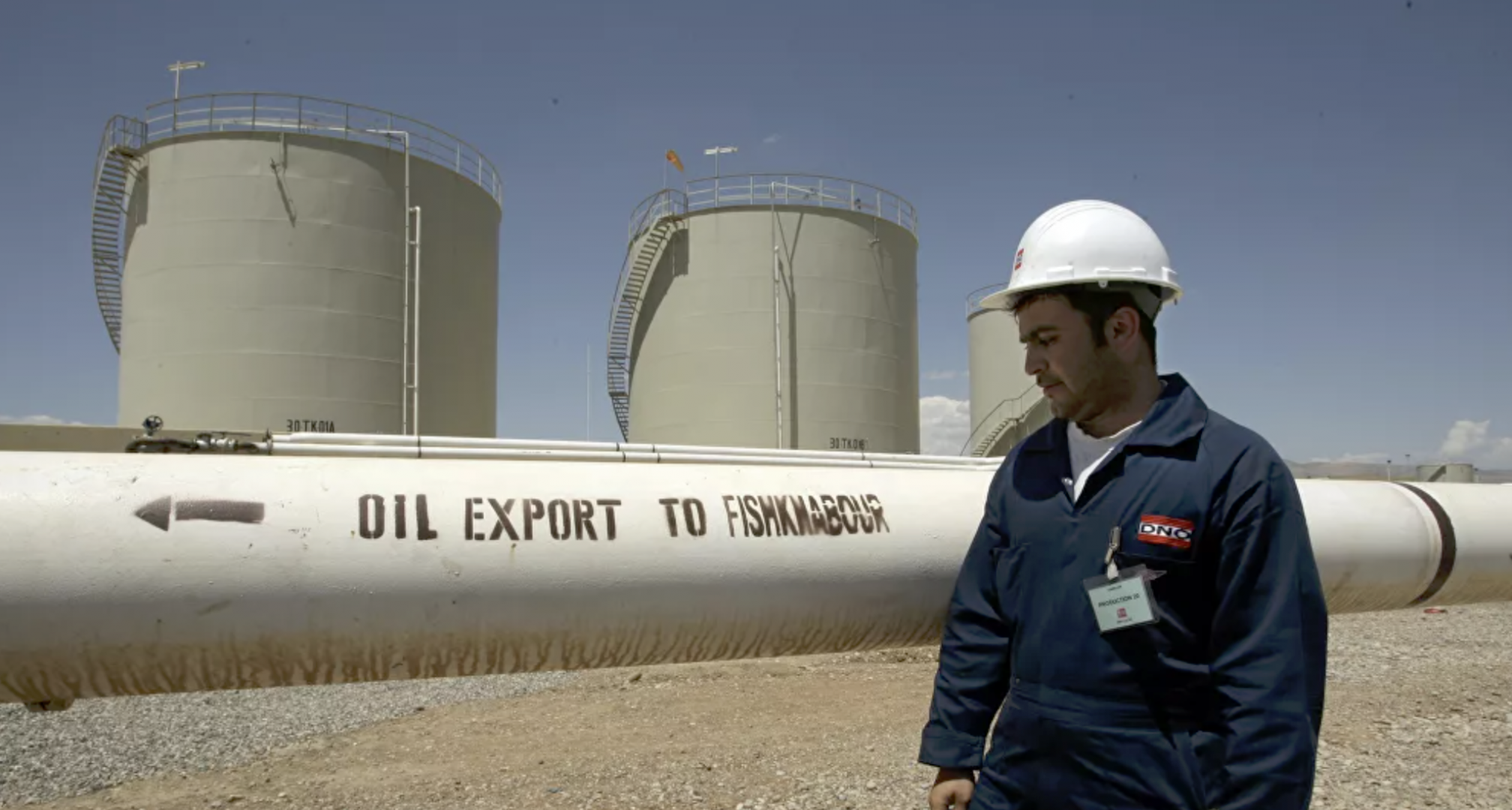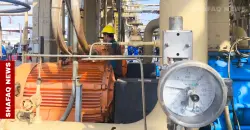Kurdistan Region: floating on oil, drowning in debt

Baghdad's commitment will not solve the salary crisis
"Even if Baghdad abides by its agreement with the Region, the salary problem will not be fully addressed as the federal government acknowledges only 682,000 employees in Kurdistan," Kurdistan's Minister of Finance and Economy, Awat Sheikh Janab, said in the session.
"However, the federal government's commitment to implementing Article 11 of the Budget Act 2021, might provide a solution to a major part of our problems," he added.
Sheikh Janab explained that the Regional Government will, consequently, have to secure salaries for another 600,000 employees.
"58% of the Region's oil revenues do not go to Kurdistan's treasury. This is linked to oil contracts."
On March 31, and after months of wrangling, the Kurdistan Regional Government and the Federal government reached an agreement on thorny issues, including Kurdish oil sales and non-oil revenues.
According to this agreement, Kurdistan will be committed to producing no less than 460,000 bpd of oil.
After deducting expenses for production operations in the region, transport of oil, and the domestic consumption of crude oil, KRG must hand over to Baghdad revenues generated from regional oil exports of 250,000 bpd, according to Iraq's Oil Marketing Company (SOMO) pricing, and half of the non-oil revenues in exchange of 12.6% of the Federal budget.
31 billion dollars debt
KRG's Secretary, Amanj Rahim, said that Kurdistan's debt had accumulated another billion dollars due to the fluctuations in the exchange rate, the delay in the disbursement of employee salaries, and the loans of the Iraqi Trade Bank.
According to Rahim, the Region does not owe any institution or international bank, "The Region has used the funds devoted to the oil company. Another part of the money was obtained from the funds saved to provide the employees' salaries."
He also said that by March 31, 2021, the Kurdistan Region's debt had reached 31 billion and 637 million dollars, "The bulk of the debt is a 12 billion dollars back paycheck. The other part is loans from the Iraqi Trade Bank, amounting to nearly 4 billion dollars."
More than 65 million barrels of oil sold in 5 months
Omid Sabah, head of the KRG diwan, said during the session, "Over the past five months, the Region has sold 65,300,647 oil barrels with financial revenues of 3,373,000 dollars," indicating that a barrel averaged 51 dollars.
Sabah added that the Region sold nearly 13,060,000 barrels per month.
He continued, 1,969,000 dollars has been allocated to cover the total cost of oil production, crude oil's internal transportation, external transport into the Turkish territory, and repayment of debt from oil revenues.
Sabah also noted that the Ministry of Finance and economy's revenues from the total sales amounts were only a billion and 360 million dollars.
Oil treasury declines in the Region
The Region's Minister of Natural Resources, Kamal Atrushi, said that he took up his five-month career in an empty ministry that could not be called a government institution.
"The Kurdistan region is floating on an oil basin that extends from the Region to Oman, and this basin was formed 200 million years ago," he said, noting that the Region is one of the best places to produce oil and gas.
He added that the Region's oil resources have declined, and now it represents 10% of Iraq's oil resources. Thus, the Region's resources cannot be compared to Iraq's oil resources, which contain 115 billion barrels.
Atrushi noted that 58% of oil goes to oil companies and the cost of production, adding that the Region produces 450,000 barrels of oil per day, but this production rate is unstable.
K.R.G. has concluded dozens of agreements with foreign oil companies, such as ExxonMobil, Chevron, Total, and Gazprom to develop oil fields and explore for others.
The Region successfully pumped 100,000 BPD of crude oil into global markets for the first time in early July 2009 through the federally owned pipeline through Turkey, to the Turkish Mediterranean port of Ceyhan.
In 2014, Kurdistan extended its own pipeline to Turkey, to the port of Ceyhan, and pumped between 400,000-450,000 BPD to international markets individually.
The increase in pumping followed worsening differences with Baghdad overpayments for the Region's share of the annual budget. At the time, Baghdad cut Kurdistan's share completely, while retaining the payment of part of the public sector employees' salaries.
Moreover, global low oil prices and the cost of combating ISIS triggered a severe financial crisis in Kurdistan. The crisis peaked in 2020 when the federal government cut the salaries of the Region's employees completely last April; Erbil was unable to pay public sector employees for at least three months.
The Kurdistan Region sells its oil at preferential prices on world markets, as many companies and countries do not want to buy it for fear of being prosecuted from Baghdad.





